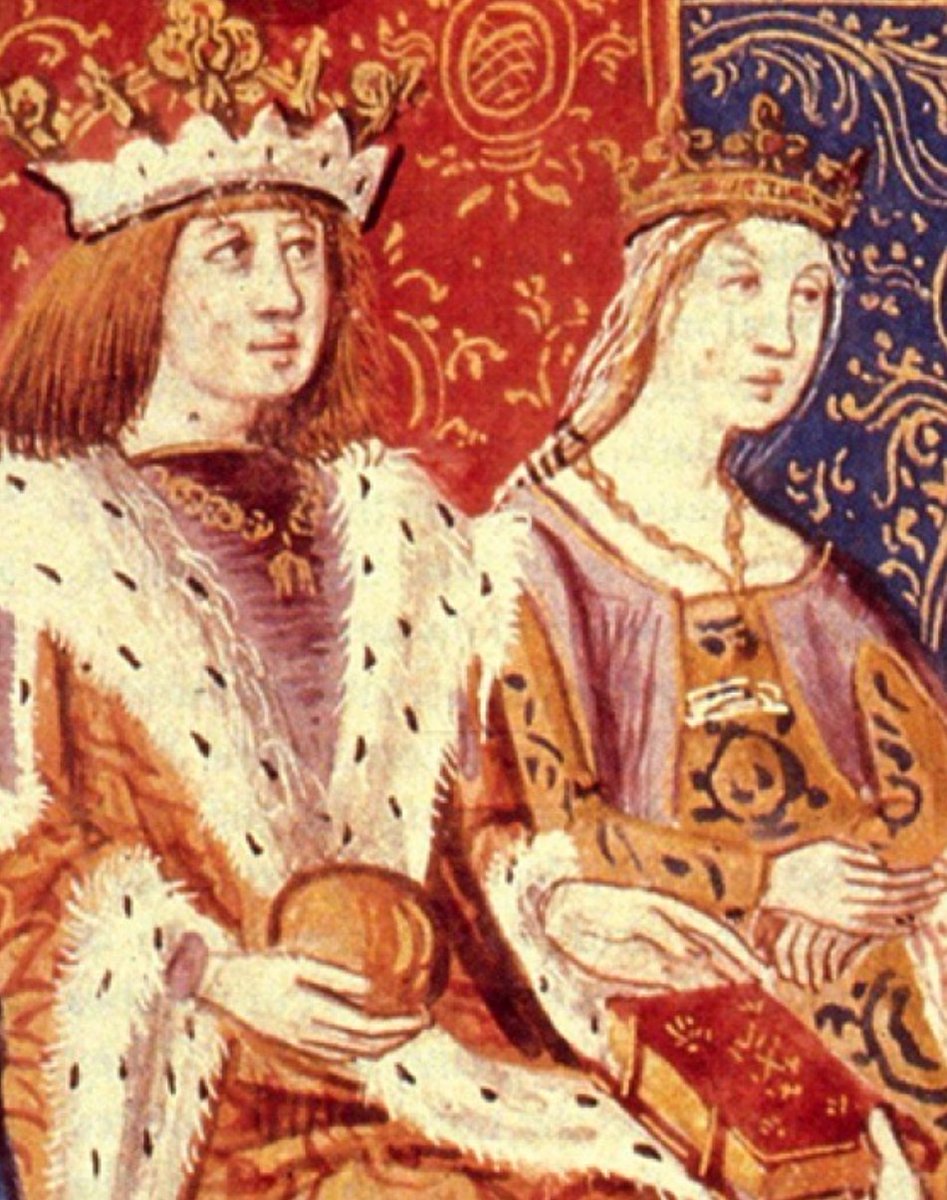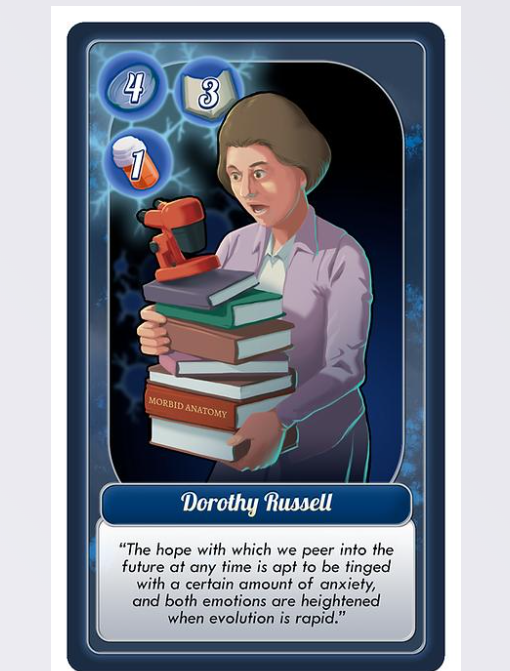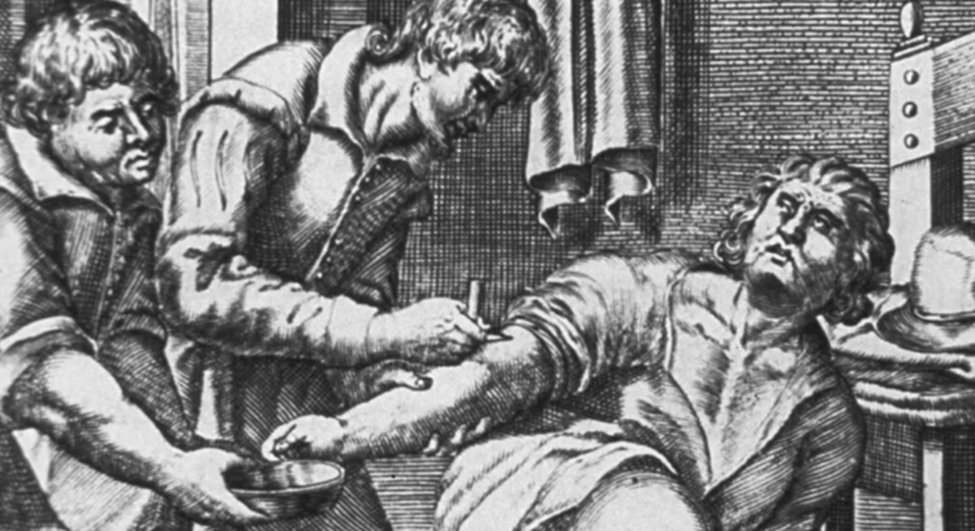
Peds Neurologist/Neuroimmunologist • Chair, AAN History Section • History of Women & Minorities in Medicine • Editor, @JChildNeurol • she/her • opinions my own
How to get URL link on X (Twitter) App


 Catherine married Henry's brother, Arthur in 1501 when she was 16 (betrothed when she was 3 and he was 11) and he died 5 months later.
Catherine married Henry's brother, Arthur in 1501 when she was 16 (betrothed when she was 3 and he was 11) and he died 5 months later. 

 Isabelle Rapin is the perfect Luminary to discuss today, because she was born December 4🎂and was a founding member of the @ChildNeuroSoc in 1973 in #Nashville (where everyone is going for #AES2022).
Isabelle Rapin is the perfect Luminary to discuss today, because she was born December 4🎂and was a founding member of the @ChildNeuroSoc in 1973 in #Nashville (where everyone is going for #AES2022).

 Charcot was a neurologist in Paris in the late 1800s, when neurology was developing as a field. He was the 1st chair of neurology, and was a celebrity doctor at the time (this is a poem written and published in the newspaper after his death in 1893). 2/8
Charcot was a neurologist in Paris in the late 1800s, when neurology was developing as a field. He was the 1st chair of neurology, and was a celebrity doctor at the time (this is a poem written and published in the newspaper after his death in 1893). 2/8 

 Hands up if you used this textbook! The 7th edition of "R&R" was published in 2007.
Hands up if you used this textbook! The 7th edition of "R&R" was published in 2007.

 In 2002, Horn and Goetz published this excellent paper on McNutt - the 1st woman elected to the American Neurological Association (@TheNewANA1) - and her work with other early female physicians, including the Blackwells. n.neurology.org/content/59/1/1… 2/🪑
In 2002, Horn and Goetz published this excellent paper on McNutt - the 1st woman elected to the American Neurological Association (@TheNewANA1) - and her work with other early female physicians, including the Blackwells. n.neurology.org/content/59/1/1… 2/🪑 

 Smith died in 1906, and his daughter donated the scroll to the New York Historical Society.
Smith died in 1906, and his daughter donated the scroll to the New York Historical Society. 

 You've never heard of patulin? It's a mycotoxin (it grows on apples), once used as an antibiotic (but not any more, due to toxicity).
You've never heard of patulin? It's a mycotoxin (it grows on apples), once used as an antibiotic (but not any more, due to toxicity). 

 So obviously the problem was that there was too much fluid in your body.
So obviously the problem was that there was too much fluid in your body.

 "Placebo" was already a well-known term and concept. Initially defined as a common medication (seen here in a dictionary from 1785), it came to mean an inert substance that had no effect on a disease, but pleased the patient. 2/7
"Placebo" was already a well-known term and concept. Initially defined as a common medication (seen here in a dictionary from 1785), it came to mean an inert substance that had no effect on a disease, but pleased the patient. 2/7 

 He was fine, but he thought he had communicated his frightened thoughts about getting hurt to his sister by telepathy. He decided to study psychiatry, to learn more about inter-brain communication. 2/10
He was fine, but he thought he had communicated his frightened thoughts about getting hurt to his sister by telepathy. He decided to study psychiatry, to learn more about inter-brain communication. 2/10